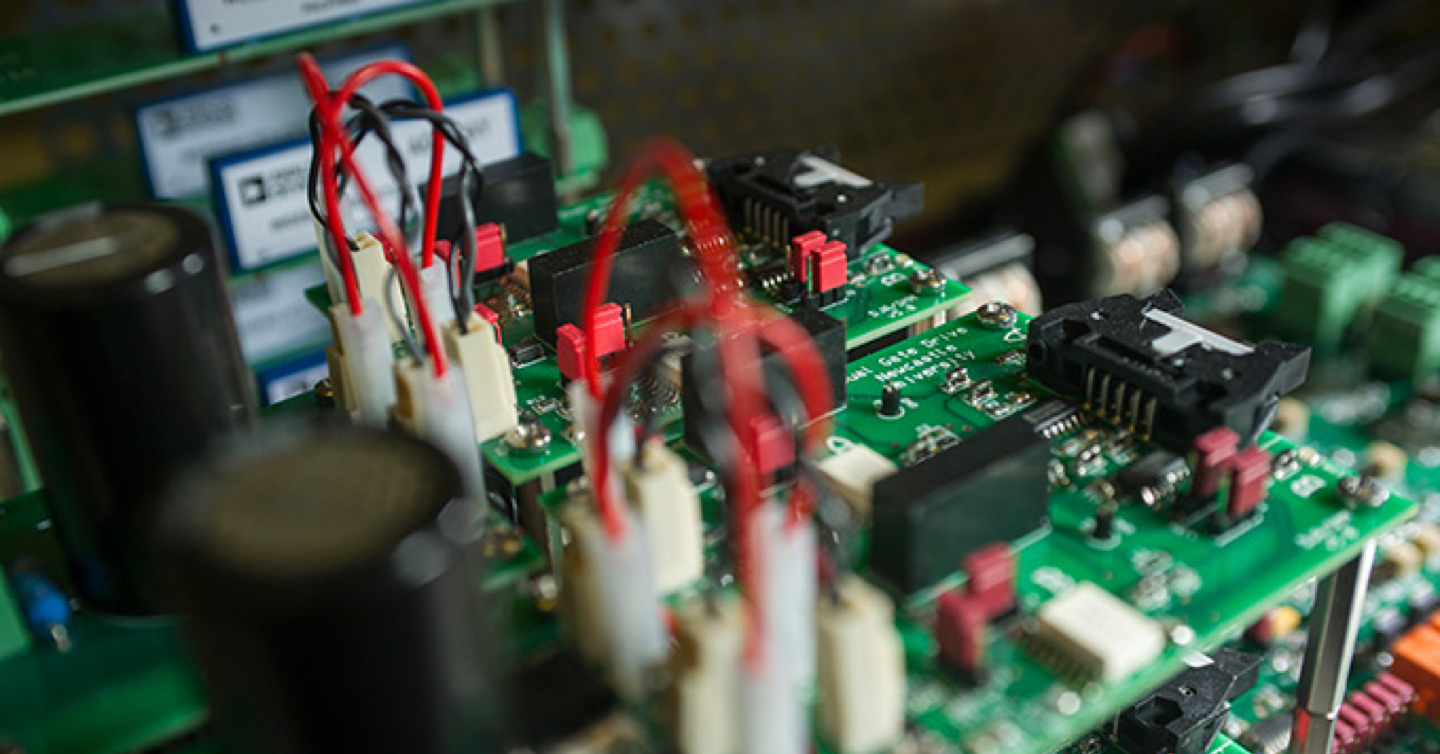Zhengyu Zhao
A new topology based on a quasi-Z source inverter.
- Email: z.zhao6@ncl.ac.uk
Supervisors
- Dr Mohammed Elgendy
- Dr Matthew Armstrong
- Dr Musbahu Muhammad
Project description
High-voltage gain DC/AC converters are increasingly important. They are used in modern power supplies such as grid-connected renewables and electric vehicles. Unfortunately, achieving a low cost, high efficiency, power dense, step-up converter with a high-voltage gain is not a trivial task.
The quasi-Z-source inverter (ZSI) has attracted much attention. This is due to its promising advantages compared to the traditional voltage source inverter (VSI).
Firstly, the qZSI achieved single-stage buck-boost inversion without employing an auxiliary front-end dc-dc converter. Secondly, the qZSI uses the shoot-through between upper and lower switches of inverter bridges. This eliminates the distortion in the grid current arising from use of a deadtime.
The qZSI has better immunity against EMI noise compared to the standard VSI. It achieves a common ground between voltage source and inverter, continuous input current and fewer power devices. The main drawbacks of the qZSI are:
- high voltage stress across switches and passive components
- limited boost ability
These drawbacks restrict the scope of its applications.
We are developing a new topology based on a quasi-Z source inverter. This can achieve the high boost ability and reduced size and number of passive components. It will also achieve low voltage and current stresses across components.
We are proposing a new constant boost control with third harmonic injection strategy. This is for closed-loop control of the qZSI in PV grid-connected systems. Our strategy achieves low voltage stress on passive components and inverter switches and high voltage gain. It also achieves unity power factor and greatest power delivery to the grid under different irradiance levels.
We will validate the feasibility of the proposed control method and new topology by simulation using Matlab/Simulink and experimental work.
Interests
My main research interest is on design and control of power electronic converters for photovoltaic systems and drives. My current research includes grid-connected converters, maximum power point tracking algorithms.
Qualifications
- MSc in Electrical and Electronic Engineering, Newcastle University, UK.
- BSc (Hons) in Electrical Communication Engineering, Taiyuan University of Science and Technology, China.
